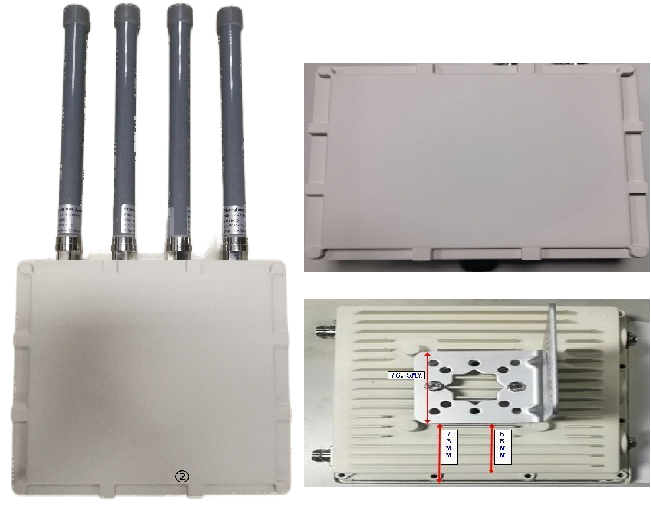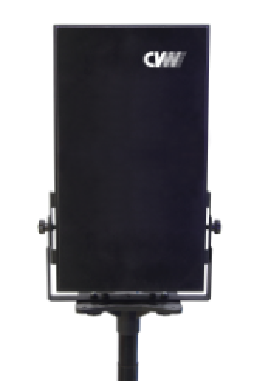Mainstream construction machinery product line parameters refer to the specific characteristics and features that define the range of equipment and tools used in the construction industry. These parameters are essential for manufacturers, suppliers, and buyers to understand the capabilities and limitations of different machinery options available in the market. In this article, we will explore the key parameters that define mainstream construction machinery product lines.
1. Equipment Type: Construction machinery encompasses a wide range of equipment types, including excavators, bulldozers, loaders, cranes, forklifts, concrete mixers, and more. Each type of equipment serves a specific purpose in the construction process, and understanding the different types is crucial for selecting the right machinery for a particular project.
2. Size and Capacity: Construction machinery comes in various sizes and capacities, depending on the scale of the project and the specific requirements. For example, excavators can range from small compact models with a few tons of operating weight to large machines weighing over 100 tons. Similarly, loaders and bulldozers come in different sizes and capacities to handle various tasks efficiently.
3. Power Source: Construction machinery can be powered by different sources, including diesel, gasoline, electric, or hybrid engines. The choice of power source depends on factors such as fuel availability, environmental regulations, and the specific application. Diesel engines are commonly used in heavy machinery due to their high torque and durability, while electric-powered equipment is gaining popularity for its lower emissions and noise levels.
4. Mobility: Mobility is a crucial parameter for construction machinery, as it determines the equipment's ability to move around the construction site. Some machinery, like excavators and bulldozers, are designed to move on tracks, providing stability and maneuverability on rough terrains. Others, such as loaders and forklifts, are equipped with wheels for easy movement on paved surfaces.
5. Attachments and Accessories: Construction machinery often comes with a range of attachments and accessories that enhance their versatility and functionality. For example, excavators can be equipped with buckets, breakers, grapples, or augers, depending on the specific task at hand. The availability of compatible attachments is an important consideration when selecting construction machinery.
6. Control Systems: Modern construction machinery is equipped with advanced control systems that improve efficiency, safety, and ease of operation. These systems can include features like GPS navigation, automated controls, remote monitoring, and telematics. Understanding the control systems and their capabilities is essential for operators and project managers to maximize productivity and minimize downtime.
7. Safety Features: Safety is a paramount concern in the construction industry, and construction machinery is no exception. Mainstream construction machinery product lines incorporate various safety features, such as ROPS (Roll-Over Protective Structure), FOPS (Falling Object Protective Structure), backup cameras, proximity sensors, and alarms. Buyers should consider the safety features offered by different machinery options to ensure a safe working environment.
8. Maintenance and Serviceability: Construction machinery requires regular maintenance and servicing to ensure optimal performance and longevity. Mainstream product lines often provide easy access to critical components, simplified maintenance procedures, and readily available spare parts. Buyers should consider the maintenance requirements and serviceability of machinery options to minimize downtime and associated costs.
9. Cost and Value: Cost is a significant consideration when selecting construction machinery, but it should not be the sole determining factor. Buyers should evaluate the overall value offered by different product lines, considering factors such as reliability, performance, fuel efficiency, resale value, and after-sales support. Choosing a reputable manufacturer with a proven track record can ensure a higher return on investment in the long run.
In conclusion, mainstream construction machinery product line parameters encompass a wide range of characteristics and features that define the equipment used in the construction industry. Understanding these parameters is crucial for manufacturers, suppliers, and buyers to make informed decisions and select the right machinery for their specific needs. By considering factors such as equipment type, size and capacity, power source, mobility, attachments, control systems, safety features, maintenance, and cost, stakeholders can ensure efficient and safe construction operations.

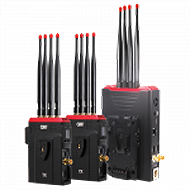 Multi-camera wireless video transmission
Multi-camera wireless video transmission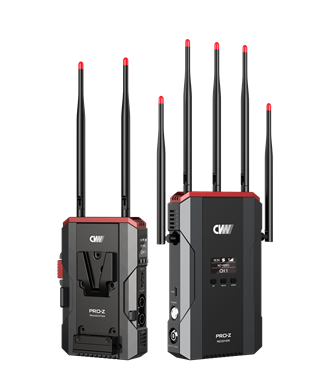 Zero Latency Wireless Video Transmission
Zero Latency Wireless Video Transmission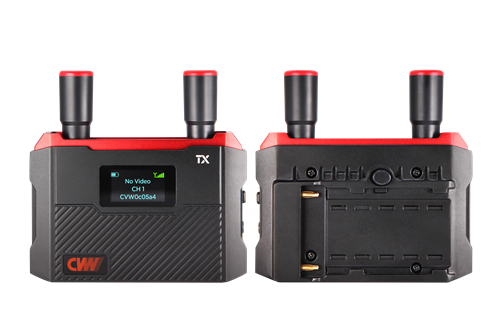
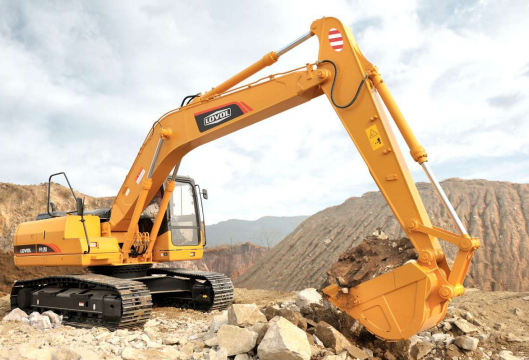 Designed for teleoperating the heavy equipment
Designed for teleoperating the heavy equipment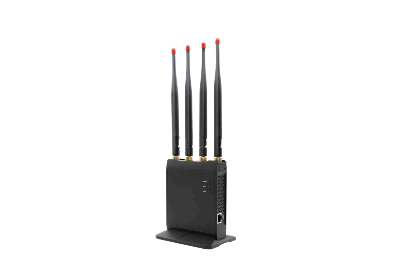 Wireless high-speed data transmission
Wireless high-speed data transmission